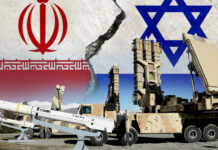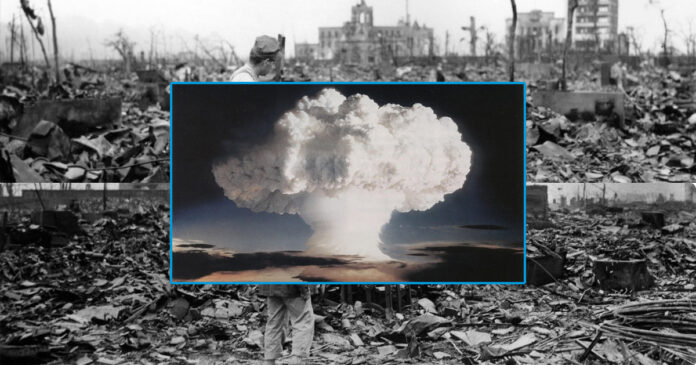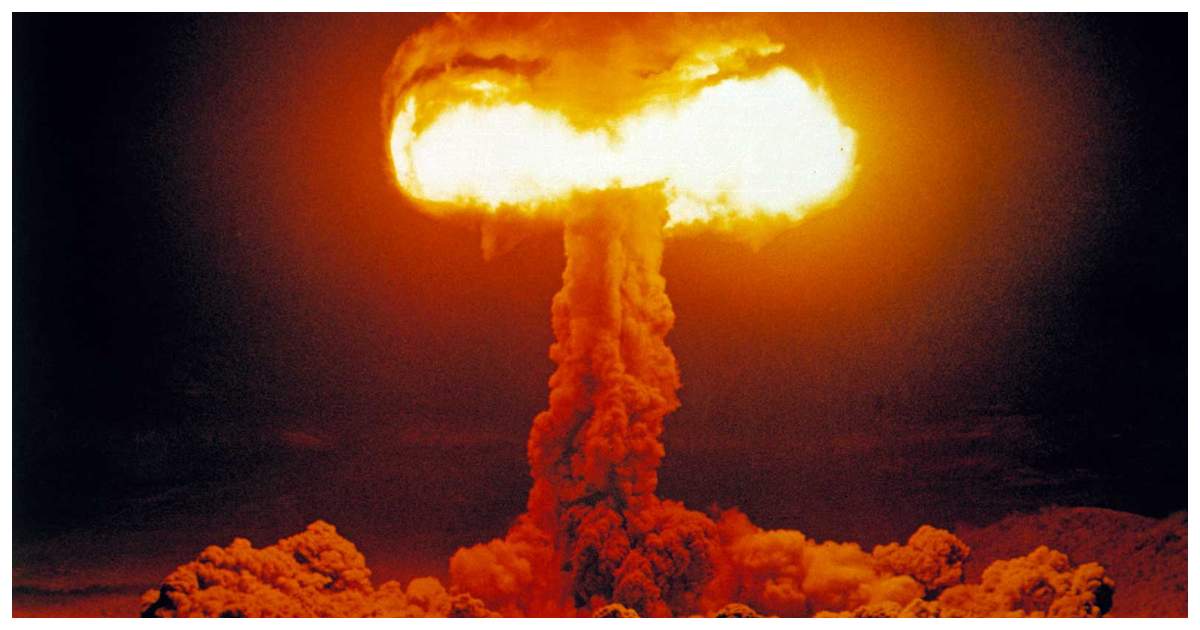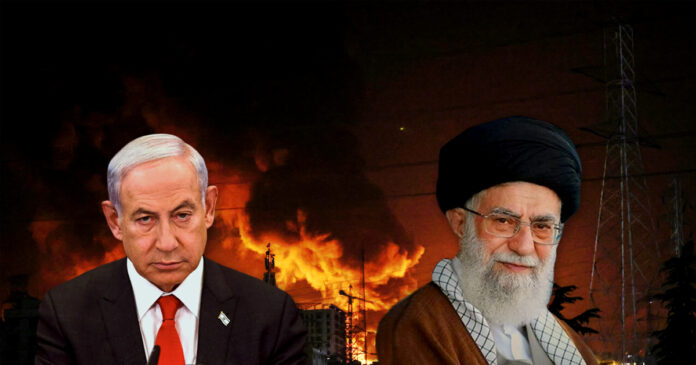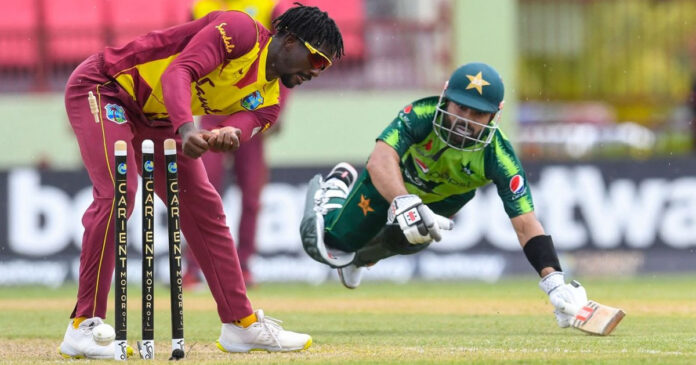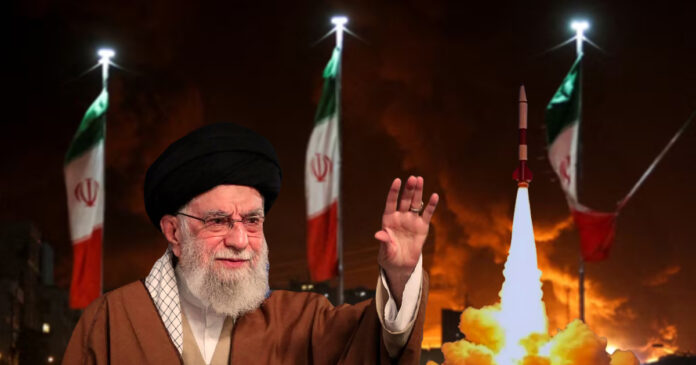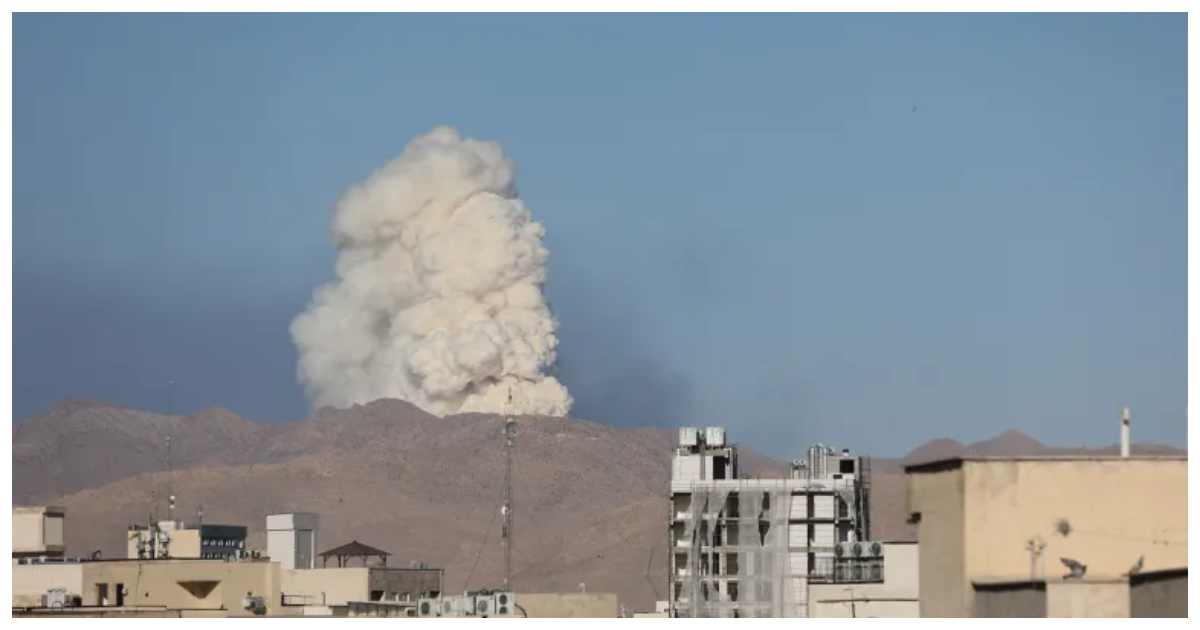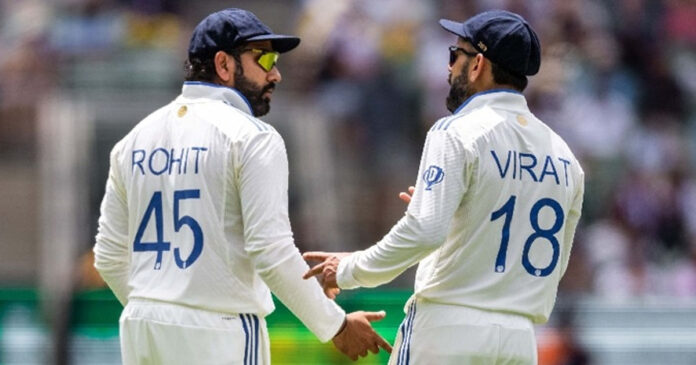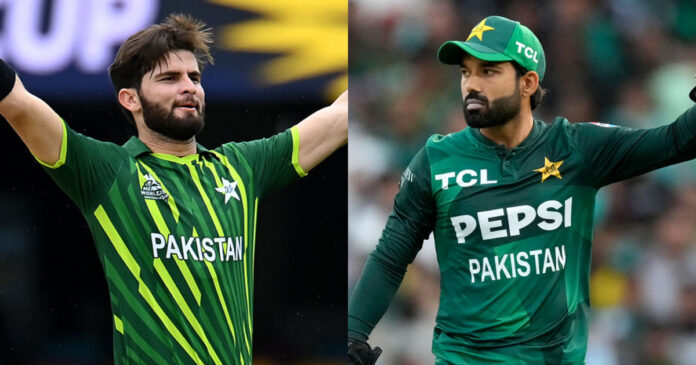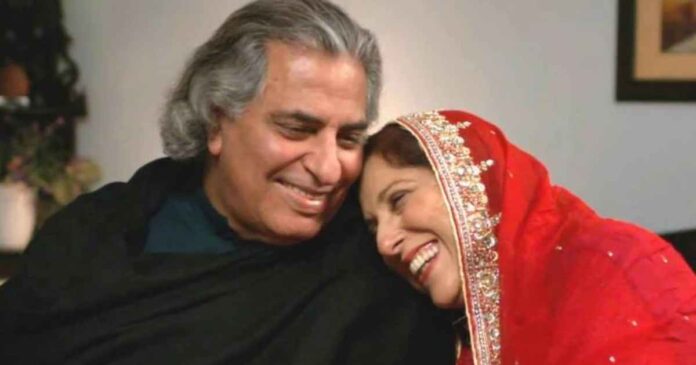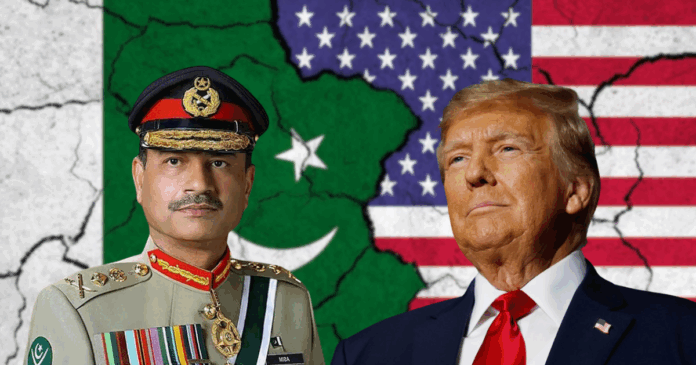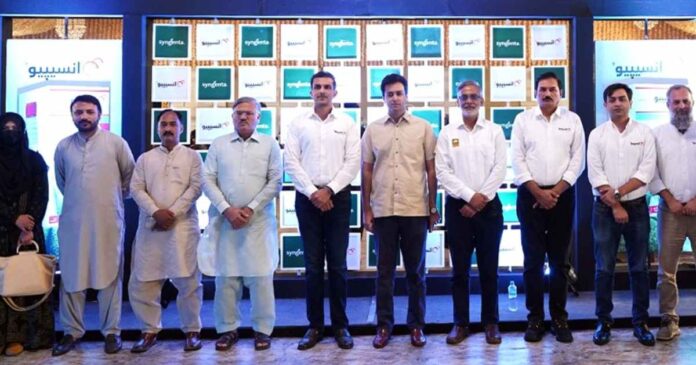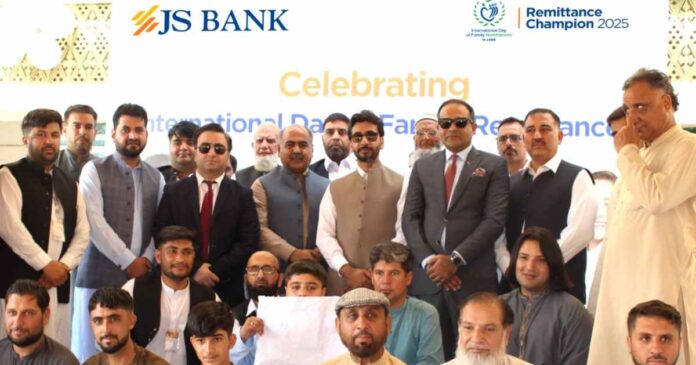And herein lies the bard: Netanyahu’s appetite for bloodshed and warmongering vastly outpaces Israel’s actual capacity to deliver it. The far-right hardliner has long been haunted by the prospect of an Iranian nuclear bomb, always crying that Tehran is just “weeks away” from such a weapon for over three decades now.
His warnings became a catchphrase in Western capitals as the poster boy of genocide. But can we truly trust a man who has been wrong so many times and has had multiple “oops moments” of attacking unarmed civilians?
What is Netanyahu’s endgame, after all?
Iran: The “Coup de Grâce”
After presiding over one of the deadliest campaigns in Gaza’s history and ‘accidentally” killing more than 55,000 Palestinians, Netanyahu finally found himself cornered.
His approval ratings sagged, protests swelled, and international condemnation intensified. But suddenly, a strike on Iran shifted all focus. That’s no coincidence.
From infamously waving a cartoon sketch of an Iranian bomb at the UN in 2012 to privately lobbying Western leaders into a broader military entanglement with Ayatollahs, the Israeli premier has long prized a war with Iran as the crown jewel of his sordid legacy.
Old habits die hard, and sure enough, Netanyahu once again asserted the same old, tired trope: “Iran has produced enough highly enriched uranium for nine atom bombs” and was “taking steps to weaponise this enriched uranium.”
Sounds ironically familiar to Iraq owning weapons of mass destruction, right? We all know how that went.
Oh, and the best part of this gambit? Each Iranian response to Israeli provocation will create a new crisis that will eventually force America to get involved. The fait accompli is pretty simple to see through. He will bomb Iran, get the USA involved and destroy it and then cast himself as the indispensable guardian of the nation. All while easily escaping the Hague, charging him as a “war criminal.”
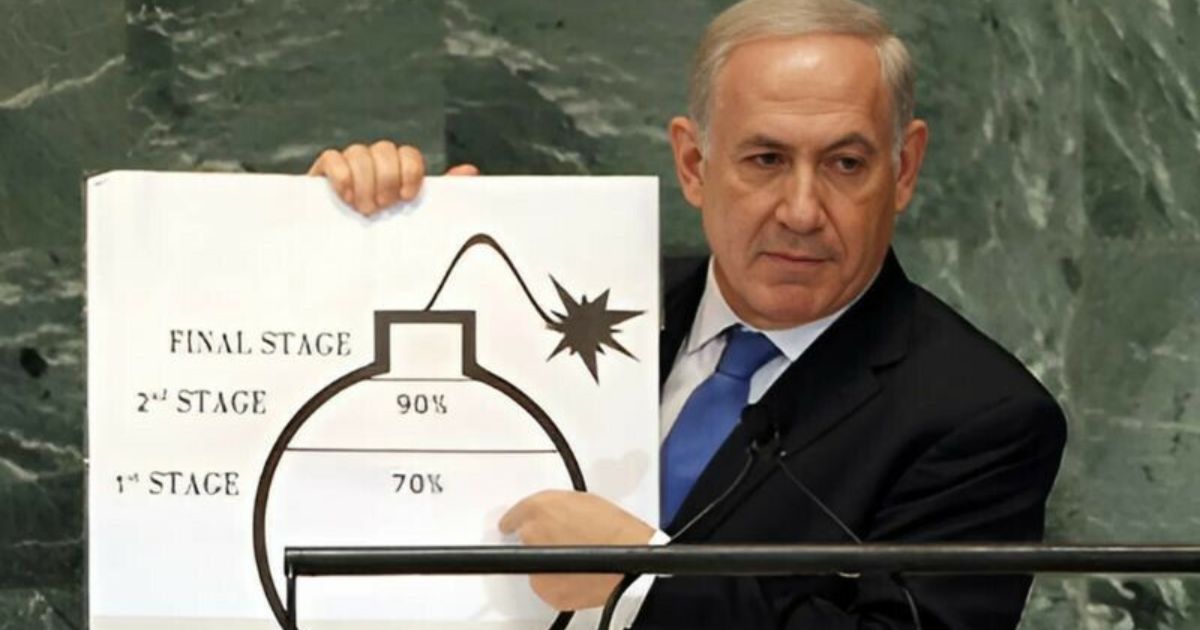
Netanyahu’s Legacy Built on Fear
Netanyahu’s career has thrived on fear, fueling an authoritarian pivot at home. His judicial overhaul in 2023 not only threatened Israeli democracy, but it also revealed a man willing to wield existential threats to consolidate personal power.
Each conflict has served as a background to weaken the judiciary, silence dissent and deepen reliance on his leadership.
There’s no real plan beyond war. Nuclear centrifuges aren’t the real target; regime change is. As the Financial Times and Politico note, Netanyahu has long struggled to translate military action into diplomacy or sustainable peace.
Striking Iran may boost headlines and shore up support, but it leaves a trail of regional havoc: shadow wars in Syria, escalating tensions with Hezbollah and Iran-backed factions from which Israel has no easy escape. A high-stakes bet to rewrite his legacy before the world tires of him.
Romanticism of Netanyahu’s Endgame
What of the innocents caught in Netanyahu’s game? Gaza remains devastated. Tehran is bracing for blowback. Civilians on both sides risk further carnage.
Western leaders must ask themselves: Are they complicit in a theatrical escalation meant to boost one man’s grip? Netanyahu’s brand of “total victory” strategy may rally troops now, but it brings the region closer to conflagration.
Let’s not romanticise Netanyahu’s endgame. A man publicly cornered now seeks salvation through war, even if it means destabilising an entire region. Those who once called his warnings hysteria now nod in agreement, but at what cost?
A legacy built on fear requires countless enemies, endless conflict and ever‑expanding threats. Netanyahu is delivering all three. The real tragedy lies in who pays the price.
Stay tuned to Brandsynario for the latest news and updates





































